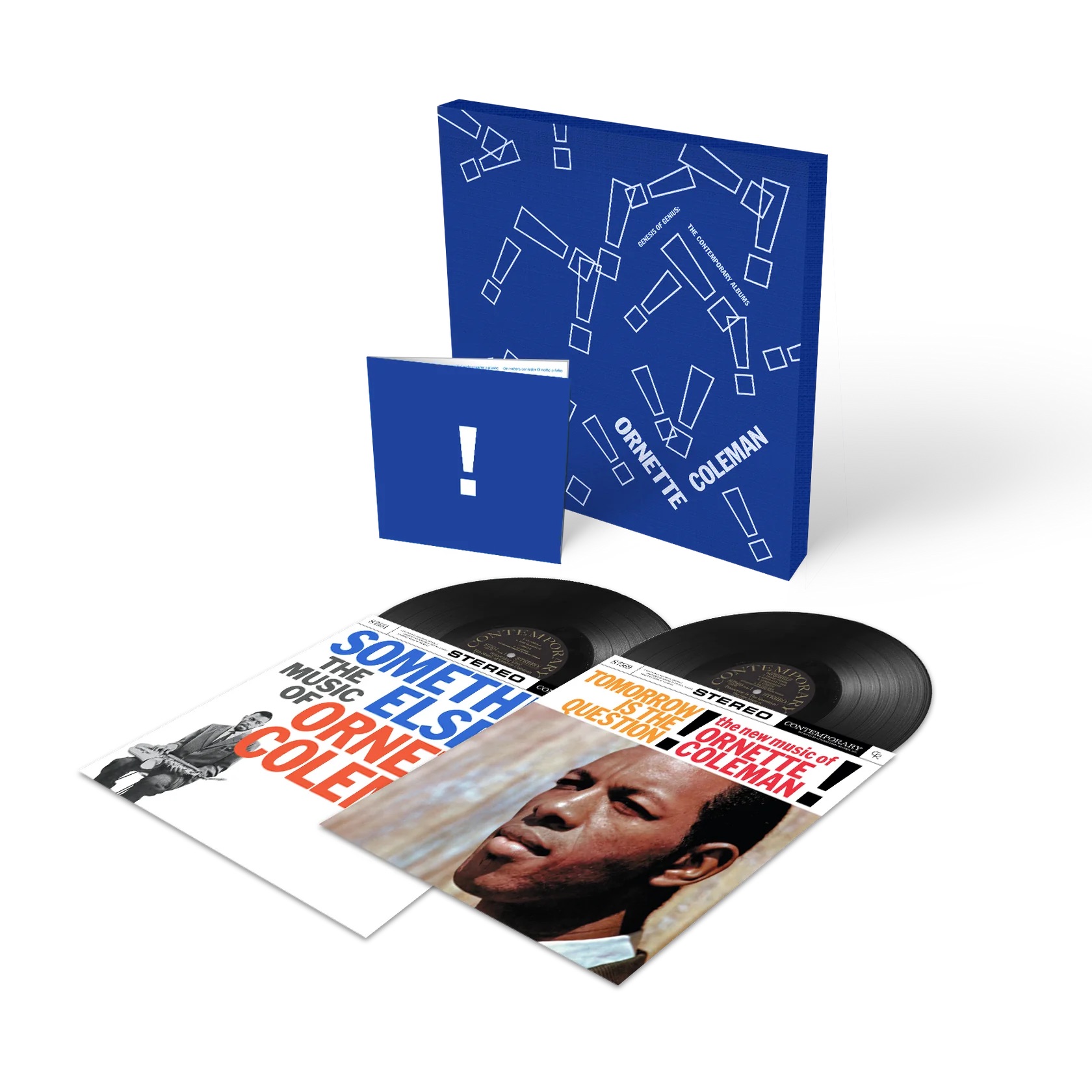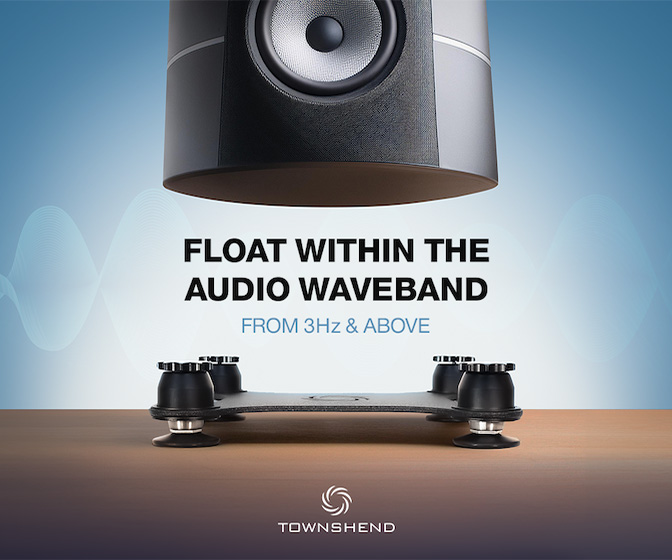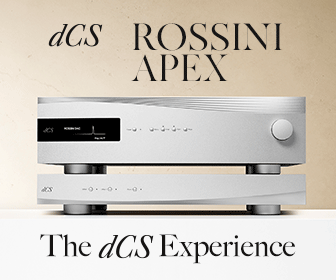Ornette Coleman’s Contemporary LPs, Luxuriously Reissued by Craft
‘Genesis Of Genius’ documents his more conventional early outings
Last year, Craft Recordings released Genesis Of Genius, a vinyl or CD box set of Ornette Coleman’s two albums for Contemporary Records. The box is now discounted at multiple outlets and since Craft’s Acoustic Sounds series is reissuing the LPs individually, it’s still worth reviewing.
Ornette Coleman, born and raised in Fort Worth, was controversial from the start. A working saxophonist (tenor, then a plastic alto after three men smashed his tenor sax following a show) playing with R&B and bebop groups, his unusually sophisticated style scared bandleaders and audiences; as he developed further, he’d sometimes get paid to not play. He moved to Los Angeles in the mid 1950s, worked whatever jobs necessary to stay afloat, played whatever gigs he could find and keep, and eventually found others who were musically compatible with him, among them trumpeter Don Cherry, bassist Charlie Haden, and drummers Billy Higgins and Ed Blackwell. Connected through a mutual friend, bassist Red Mitchell recommended Ornette to Contemporary Records’ Lester Koenig as a composer. Instead, Koenig produced and released his first two albums; not just Ornette Coleman’s first two albums as a leader, his first two albums overall. Those records, Something Else!!!! and Tomorrow Is The Question!, gave merely a glimpse of what he became.
The debut, Something Else!!!!, is particularly awkward. Ornette’s approach, which he’d later call “harmelodics,” made each note its own jumping point into the next note, with little preimposed tonal structure. It initially sounds eccentric, but soon makes sense. Playing these compositions, however, requires a deep, instinctual understanding of music theory, which Ornette had but most musicians didn’t and still don’t (at least, not to that extent). Something Else!!!! finds Coleman, Don Cherry, and Billy Higgins with pianist Walter Norris and bassist Don Payne. Roy DuNann’s rather dry stereo recording places Coleman and Cherry on the left, the others on the right; at times, it almost sounds like each channel came from an entirely different session. For example, Ornette’s frenetic solo on “Chippie” is a complete mismatch from everyone in the right channel except Higgins. Then Norris solos, trying to match the pace but too rooted in standard forms to fit in. The long-running chemistry between Ornette and Don Cherry was already crystal clear, but here, their interplay is subdued. Most of the second side sounds like a rather conventional hard bop record, though “The Sphinx”’s angularity hints at where Ornette was headed.
Tomorrow Is The Question! is more satisfying. Coleman and Cherry remain at the front, their playing more expressive yet still sounding restrained. Shelly Manne plays drums and Percy Heath and Red Mitchell play bass on sides 1 and 2, respectively. The piano-less quartet setting better resembles Ornette’s intent (he disliked the limitations of chordal jazz piano) and his future work, and also makes it easier to contextualize in his overall discography. Still, it pales in comparison to the recordings immediately after this. He signed to Atlantic and eventually moved to New York, but his first two Atlantic albums recorded in LA—The Shape Of Jazz To Come and Change Of The Century—sounded radically different then and maintain a captivating complexity today. Of the two Contemporary albums, however, Tomorrow Is The Question! is also the better sounding one, with a richer midrange and a more sensible panning scheme: trumpet and bass on the left, sax and drums on the right.
For these reissues of the Contemporary albums, Bernie Grundman cut lacquers from the original master tapes, which were then pressed at RTI for the box (QRP pressed the individual releases from the RTI parts). Tracking Angle editor Michael Fremer tells me that early Contemporary pressings sound even richer than Grundman’s remasters, but if you haven’t heard the originals, these reissues sound plenty rich already. There are some noticeable tape dropouts, though that’s often unavoidable with recordings this old. The 180g RTI pressings are flat and incredibly quiet, and I’m sure the QRP pressings are similarly great.
The Genesis Of Genius box packaging is equally sumptuous. The LPs come in tip-on jackets, shrink-wrapped inside the hinged clothbound box which also has a 32-page, perfect bound 7” booklet of liner notes by Ashley Kahn. There’s some useful historical information, even if I feel it glosses over, or maybe carefully omits, details behind these recordings which don’t quite sound like what Ornette clearly wanted to do (and eventually did at Atlantic). The box also comes with a thick obi strip that easily slides on and off the box. (A shrunken down 2CD box set is also available, as well as 192kHz/24bit digital files and individual SACDs.)
It’s an eye-catching set, but do you need it, or the individual LPs? Depends how much you like Ornette Coleman. If you already have all of his Atlantic recordings and more, you might as well get the Contemporary box since many retailers have it for $40-50 right now (it originally retailed for $76). Or, if you’re into more straightforward jazz and get easily frightened by anything unconventional, these are the Ornette albums that are safe for you. But if you’re a casual fan, or new to him, skip this for now and first get The Shape Of Jazz To Come and This Is Our Music, where the genius (scenius, really) was let loose.














































